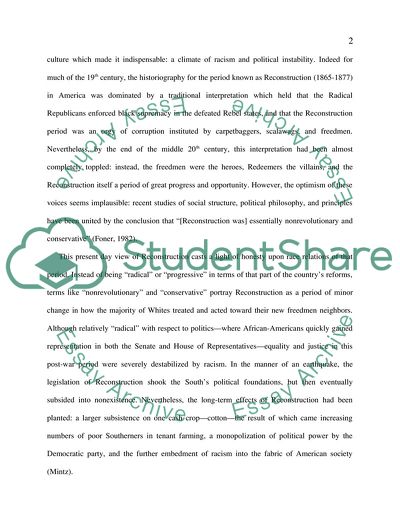Cite this document
(The actual content of the Fifteenth Amendment Research Proposal, n.d.)
The actual content of the Fifteenth Amendment Research Proposal. Retrieved from https://studentshare.org/politics/1548333-right-to-vote-15th-amendment
The actual content of the Fifteenth Amendment Research Proposal. Retrieved from https://studentshare.org/politics/1548333-right-to-vote-15th-amendment
(The Actual Content of the Fifteenth Amendment Research Proposal)
The Actual Content of the Fifteenth Amendment Research Proposal. https://studentshare.org/politics/1548333-right-to-vote-15th-amendment.
The Actual Content of the Fifteenth Amendment Research Proposal. https://studentshare.org/politics/1548333-right-to-vote-15th-amendment.
“The Actual Content of the Fifteenth Amendment Research Proposal”, n.d. https://studentshare.org/politics/1548333-right-to-vote-15th-amendment.


